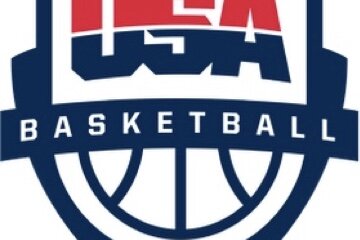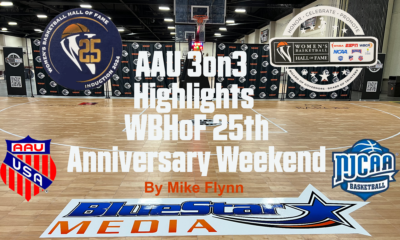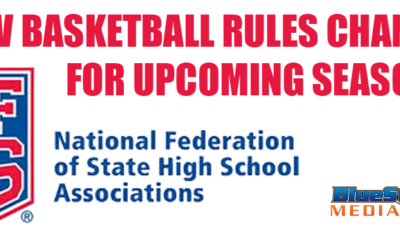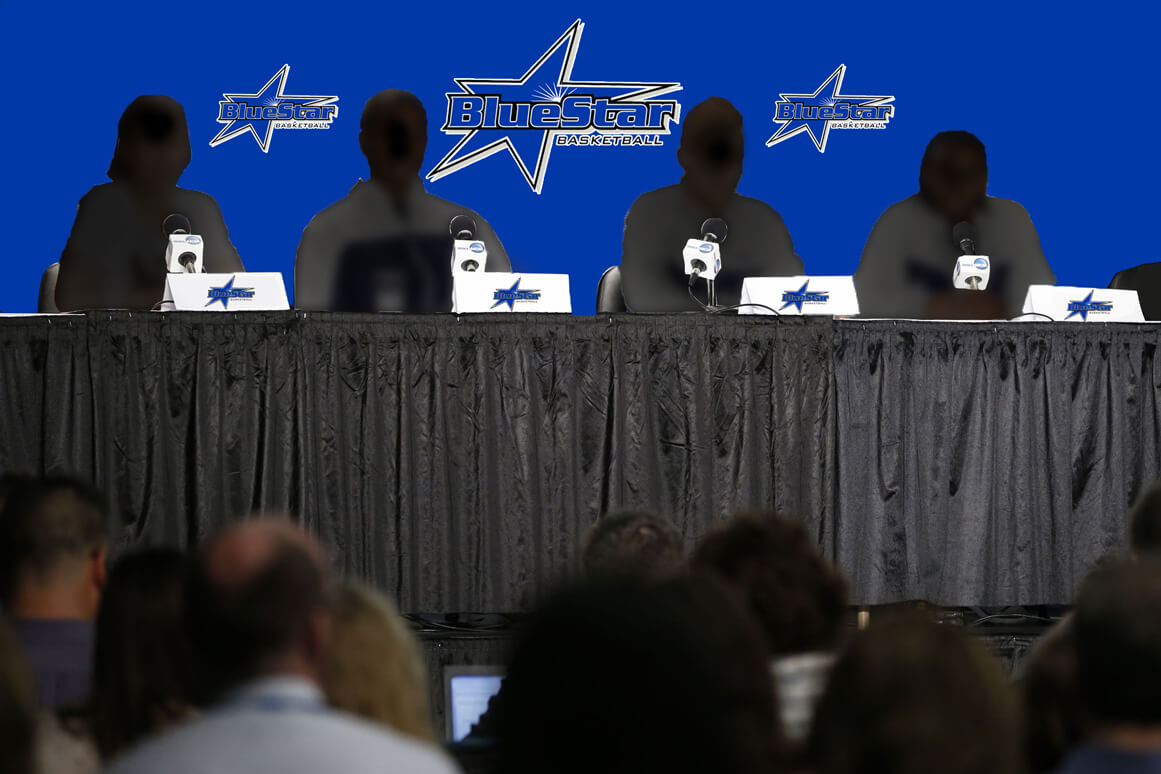The basketball statistician Dean Oliver has a phrase for the first-generation WNBA stars he analyzed for the league and the now-defunct Charlotte Sting as a consultant in the late 1990s:
“The Mikans and the Cousys.”
He was referring in particular to Cynthia Cooper, who led the Houston Comets (also now-defunct, sadly) to the WNBA’s first four championships, as well as Teresa Weatherspoon, Yolanda Griffith and others.
In his 2004 book “Basketball on Paper,” Oliver wrote that “the WNBA is an evolving league. But will it evolve enough to survive?”
That question has been on the minds of many in the league and the women’s basketball community in the last two months as another original WNBA franchise, the Los Angeles Sparks, teetered on the brink of being relocated or perhaps even folding.
Paula Madison of Williams Group Holdings, which purchased the team from the Lakers in 2007, bailed out without warning around the holidays, citing financial reasons. This left the entire Sparks’ front office, including general manager Penny Toler and head coach Carol Ross, suddenly without jobs.
But as it was announced this week the Sparks were staying put and being purchased by Magic Johnson and others in the Los Angeles Dodgers ownership group, the gloom of December and January gave way to a very happy jolt of reality. Toler, Ross and her coaching staff are back on board, and the league finally released its 2014 season schedule and can get on with the business of working out a new CBA and other objectives that have been put on hold.
The public relations boost that that Johnson, Dodgers CEO Mark Walter and others in the new Sparks ownership group will bring to the WNBA is just as important as the financial resources they will be committing to a franchise that by Madison’s estimate lost $12 million during her tenure.
Even after 17 seasons and with several franchises reporting modest profitability and decent attendance, the future of the WNBA is far from guaranteed, as the Sparks’ recent state of limbo revealed.
WNBA president Laurel Richie admitted to being surprised by Madison’s decision. The Golden State Warriors expressed an interest in having a WNBA team, but the league’s priority was to maintain a presence in Los Angeles.
In a news conference Wednesday outside the Staples Center, Johnson said that while his group came in at the 11th hour, he noted that he attended the first Sparks’ game in 1997.
He said that for himself and for and Walter, who crafted the $215 million purchase of the Dodgers from the oblivion of the disastrous McCourt ownership, it was “appealing to keep [the Sparks] in L.A. We’re just happy to be a part of it.” 
New NBA commissioner Adam Silver, who was the women’s league’s day-to-day operator for several years, is as committed to the WNBA as his predecessor, David Stern.
While that’s a very critical endorsement to have, what Magic Johnson et al are offering is a chance for the Sparks, and by extension the WNBA, to help cultivate the next generation of league stars.
After 17 years, it could be argued that the Mikan and Cousy era in the WNBA (and even the comparable Russell/Chamberlain/Robertson stage) has given way to the Magic/Bird equivalent embodied by one of Johnson’s new players, Candace Parker, and Diana Taurasi.
Right behind them are Angel McCoughtry, Maya Moore, along with last year’s rookie group of Brittney Griner, Elena delle Donne and Skylar Diggins, all under 30 and budding professionally and in the USA Basketball senior national team program.
But while the talent level of the WNBA keeps getting stronger, the business challenges the league faces remain very daunting.
Johnson was asked how he intended to make the Sparks profitable. While specifics weren’t forthcoming right away – “we’re coming in and we want to understand the league” – his visibility and embracing this new role cannot be underestimated.
The Magic touch was in effect when he pledged to improve the fan experience at Sparks’ games, and when he referenced his admiration for women’s basketball going back to his own family in Michigan and his sister Evelyn, who was a terrific player for South Carolina in the early 1980s.
What Magic Johnson and his Dodgers cohorts gave the Sparks and the WNBA – and on National Girls and Women in Sports Day to boot – was a magnificent gift.
The truly difficult work remains, and Johnson’s acknowledgement of this task ought to serve as message to those obsessed about the supposed slighting of the Seattle Storm last weekend about what’s most important for the WNBA right now.
This is a minor league sport that isn’t going to get mainstream media attention that many – myself included – think it deserves just because it’s been around for a while and has some terrific players.
Even the announcement of the Sparks’ sale to one of the icons of the NBA and the sport of basketball didn’t yield blanket headlines in an American sporting press that’s now focusing on the Sochi Olympics.
As Oliver wrote almost a decade ago, “It’s not really a question of whether the women are as good as the men or what the quality of the league’s basketball is. It’s a matter of finding enough people interested in the WNBA to develop a niche. . . . The WNBA is still in the survival stage.”
Wendy Parker is a sportswriter and web editor who has covered women's basketball since the early 1990s. She is a correspondent for Basketball Times and formerly covered women's and college sports, soccer and the Olympics at The Atlanta Journal-Constitution. She is the author of "Beyond Title IX: The Cultural Laments of Women's Sports," available on Amazon, and the creator of Sports Biblio, a blog about sports books and history.

Latest Articles
-


Christopher Lawlor
/ 2 days agoTwenty-Six Athletes Expected to Participate in USA Basketball Women’s U18 National Team Trials that begin on May 15
COLORADO SPRINGS, Colo. — USA Basketball announced 26 athletes expected to participate in the...
-


Basketball
/ 5 days agoAAU 3on3 Highlights WBHoF 25th Anniversary Weekend
KNOXVILLE – The 25th anniversary weekend celebration of the Women’s Basketball Hall of Fame...
By Mike Flynn -


Christopher Lawlor
/ 1 week agoGONE PRO: Blue Star Media Elite 25 football rankings’ regulars Bishop Gorman (NV) and IMG Academy (FL) lead 2024 NFL Draft with three selections apiece
BENSALEM, Pa. – One of the greatest three day stretches annually in professional sports...
-


Basketball
/ 1 week agoREVISIONS: National Federation of State High School Associations announce rule changes for upcoming season; flopping will incur a technical foul
BENSALEM, Pa. – Floppers, beware, you will be warned once before being issued a...



